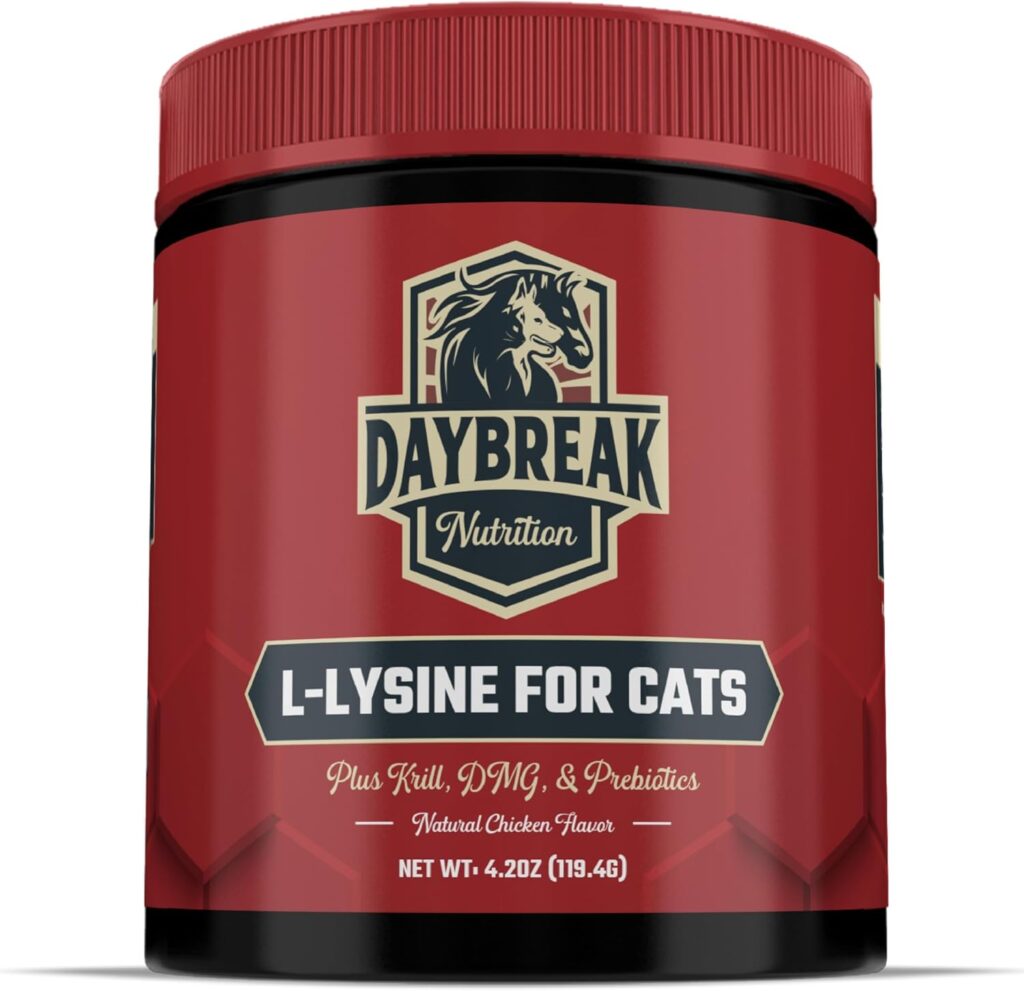Cat sneezing can be a common yet concerning issue for pet owners.
While occasional sneezes are usually harmless, frequent sneezing may indicate an underlying health issue that requires attention.
Understanding the causes of sneezing in cats is essential for effective management and treatment.
In this post, we are going to explore 5 effective ways to ease cat sneezing.
Let’s dive in!
What Causes Cats to Sneeze?
Several factors can lead to sneezing in cats, including:
- Upper Respiratory Infections: Viral infections, such as feline herpesvirus or calicivirus, are common culprits.
- Allergies: Cats can be allergic to various environmental factors, including pollen, dust, mold, and certain foods.
- Irritants: Strong odors, smoke, or household chemicals can irritate a cat’s nasal passages.
- Dental Issues: Problems with teeth or gums can lead to sneezing due to the proximity of dental roots to nasal passages.
- Foreign Objects: Occasionally, something may become lodged in a cat’s nose, prompting sneezing as a reflex to expel it.
Regardless of the cause, there are effective strategies you can implement to help reduce your cat’s sneezing and improve their comfort.
5 Ways To Ease Cat Sneezing
1. Use L-Lysine
L-Lysine is an amino acid that can be particularly beneficial for cats prone to upper respiratory infections.
It helps inhibit the replication of the feline herpes virus, reducing the severity and frequency of sneezing episodes.
Consider giving your cat L-Lysine in a vet-recommended form, such as treats or powder, to support their respiratory health.
Daybreak Nutrition’s L-Lysine for Cats is my go-to choice for supporting my cat’s respiratory health.
This powder not only boosts her immune system but also contains prebiotics and krill, promoting gut health and providing essential omega-3 fatty acids.
The convenient powder form makes it easy to mix into her food, ensuring she gets the nutrients she needs for easier digestion.
With each scoop packed with 900 mg of L-lysine, I can feel confident that I’m helping her feel her best and reducing her sneezing episodes.
Simply follow the directions on the back and you’re good to go!
2. Maintain a Clean Environment
Keeping your home clean and free of dust, mold, and allergens can significantly reduce your cat’s sneezing.
Regularly vacuum carpets, wash bedding, and use air purifiers to maintain good air quality.
Avoid using strong cleaning products or fragrances that could irritate your cat’s sensitive nose.
3. Use a Humidifier
Dry air can aggravate respiratory issues in cats.
Using a humidifier can help keep the air moist, making it easier for your cat to breathe and reducing the likelihood of sneezing.
This is especially helpful during dry winter months when indoor heating can lead to low humidity levels.
4. Monitor for Allergens
If you suspect allergies as the cause of your cat’s sneezing, try to identify and eliminate potential triggers.
Common allergens include certain types of litter, food ingredients, or seasonal pollen.
Keeping a diary of your cat’s sneezing episodes may help pinpoint patterns related to specific environmental changes.
5. Consult Your Veterinarian
If your cat’s sneezing persists or is accompanied by other symptoms, such as nasal discharge, coughing, or lethargy, it’s crucial to consult your veterinarian.
They can perform a thorough examination and recommend appropriate treatments, which may include medications or further diagnostic tests.
Cat Sneeze Begone!
Frequent sneezing in cats can be a sign of underlying health issues, but by implementing these five effective strategies, you can help ease your cat’s discomfort.
From administering L-Lysine to maintaining a clean environment, these steps can improve your cat’s respiratory health and overall well-being.
Always prioritize your cat’s health and consult a veterinarian if you have concerns about their sneezing or any other symptoms.
Thank you for reading!
Affiliate Disclosure
Some of the links on this site are affiliate links. This means that if you click on the link and purchase the item, we may receive an affiliate commission at no extra cost to you. I only recommend products or services that I believe will add value to my readers, however some (not all) do pay us to be on this blog. Your support and theirs helps keep this blog running, and I genuinely appreciate it.
Medical Disclaimer
The information provided on this website is for educational purposes only and is not intended as medical advice. This blog or the writer is not a licensed healthcare professional, and the content should not be used as a substitute for professional medical diagnosis, treatment, or advice. Always consult with your physician or other qualified healthcare provider before starting any new treatment or making any changes to your healthcare routine.
